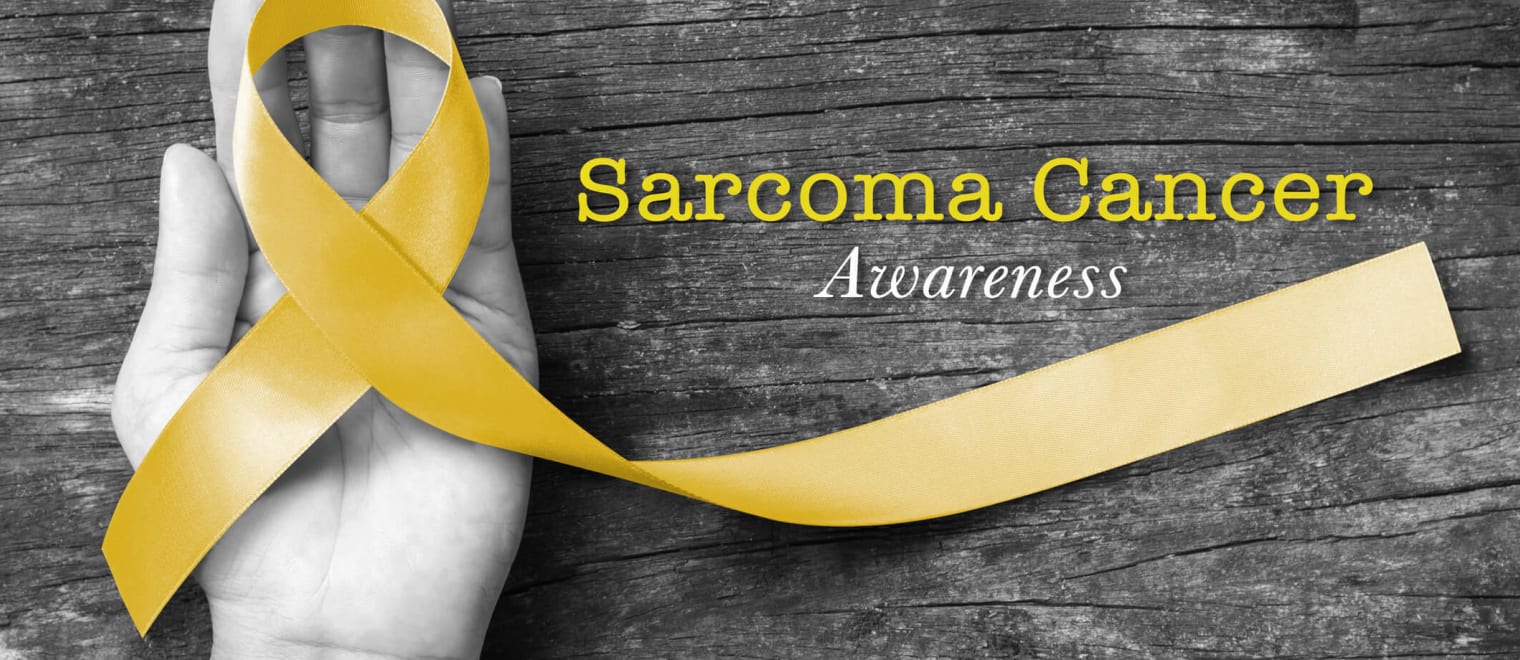This informal CPD article, ‘Sarcoma: Shining a Light on a Rare but Serious Cancer’, was provided by Geopace Training. Established in 2010, they are leading UK-based providers of phlebotomy and allied healthcare training.
Sarcoma is a rare but serious form of cancer that often flies under the radar. Sarcoma, a type of cancer that arises in the bones and soft tissues, including muscles, tendons, fat, lymph vessels, blood vessels, and nerves.
Understanding Sarcoma
Sarcomas are categorized into two main types: bone sarcomas and soft tissue sarcomas. Each type has numerous subtypes, making diagnosis and treatment complex. Common types include:
- Osteosarcoma: Often affects the long bones in the arms and legs, primarily in children and young adults.
- Ewing Sarcoma: Typically starts in the bones or soft tissue around the bones, common in children and teenagers.
- Liposarcoma: Arises in fat cells, usually in the abdomen or thighs.
- Leiomyosarcoma: Develops in smooth muscle tissue, often found in the uterus, abdomen, or blood vessels.
The Importance of Awareness
- Education: Many people are unfamiliar with sarcoma, leading to delays in diagnosis and treatment. Raising awareness helps educate the public and healthcare professionals about the signs, symptoms, and importance of early detection.
- Support: Patients and their families often feel isolated due to the rarity of this cancer. Awareness campaigns foster a sense of community and provide much-needed support networks.
- Research and Funding: Increased awareness can drive funding for research, which is vital for developing better treatments and eventually finding a cure. Sarcoma research is underfunded compared to more common cancers, making every penny and fundraising event count.
Recognizing the Symptoms
Early detection is key to improving outcomes in sarcoma cases. Symptoms can vary depending on the tumour’s location but often include:
- A lump or swelling that increases in size over time
- Pain, which may worsen at night
- Unexplained fractures, in the case of bone sarcomas
- Abdominal pain or gastrointestinal issues, for tumours in the abdomen
If you or someone you know experiences these symptoms, it is important to seek medical attention promptly.
How You Can Help
Everyone can play a part in the fight against sarcoma. Here are some ways to get involved:
- Spread the Word: Use social media to share information about sarcoma and the importance of early detection. Use hashtags like #CureSarcoma to join the conversation.
- Donate: Consider donating to organizations dedicated to sarcoma research and patient support, or local cancer charities.
- Participate in Events: Many communities host events such as walks, runs, or virtual fundraisers to raise money and awareness. Participating in or volunteering at these events can make a big difference.
- Advocate: Contact your local representatives to support legislation that increases funding for cancer research and improves patient care.
Moving Forward
By increasing awareness, supporting research, and fostering a community of hope and resilience, we can improve outcomes for those affected by this challenging disease. Every effort counts, and together, we can bring hope and healing to those touched by sarcoma. Let us commit to making a difference.
We hope this article was helpful. For more information from Geopace Training, please visit their CPD Member Directory page. Alternatively, you can go to the CPD Industry Hubs for more articles, courses and events relevant to your Continuing Professional Development requirements.













